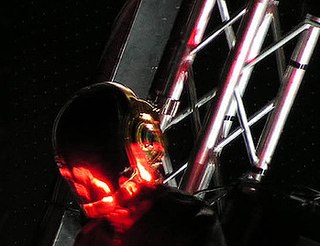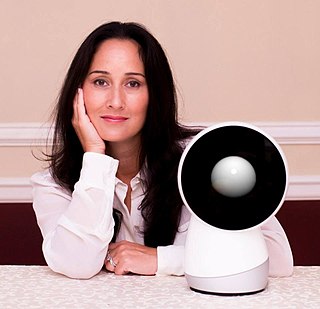A Quote by Narendra Modi
We don't only want to make robots in universities; we want to create good humans. We can't shape a world only with the help of robots made out of technical know-how. We can't be useful to humankind if there are no sentiments in life.
Related Quotes
Humans were still not only the cheapest robots around, but also, for many tasks, the only robots that could do the job. They were self-reproducing robots too. They showed up and worked generation after generation; give them 3000 calories a day and a few amenities, a little time off, and a strong jolt of fear, and you could work them at almost anything. Give them some ameliorative drugs and you had a working class, reified and coglike.
Until computers and robots make quantum advances, they basically remain adding machines: capable only of doing things in which all the variables are controlled and predictable. Robots are bad at pattern recognition and certainly at common sense. That's why computers can beat humans in chess but can't have even a basic conversation with a six-year-old.
The danger of the past was that men became slaves. The danger of the future is that men may become robots. True enough, robots do not rebel. But given man's nature, robots cannot live and remain sane, they become ''Golems',' they will destroy their world and themselves because they cannot stand any longer the boredom of a meaningless life.































